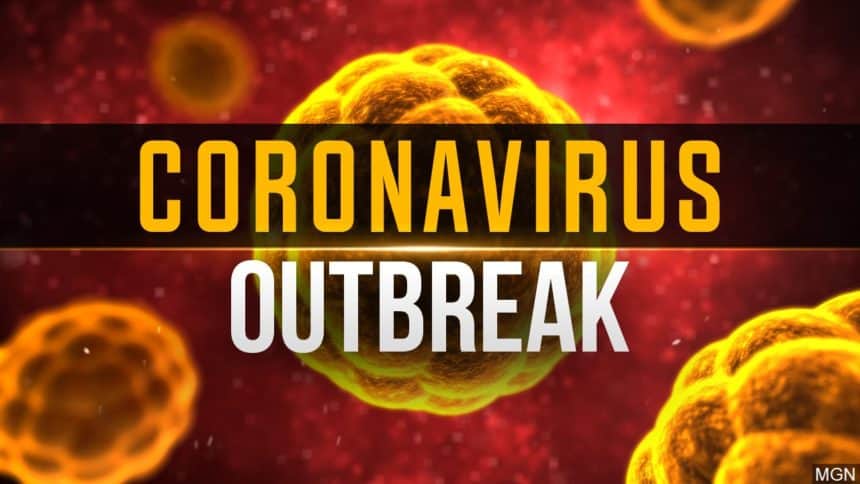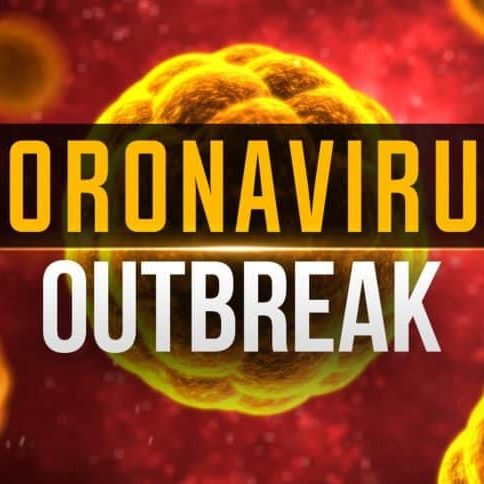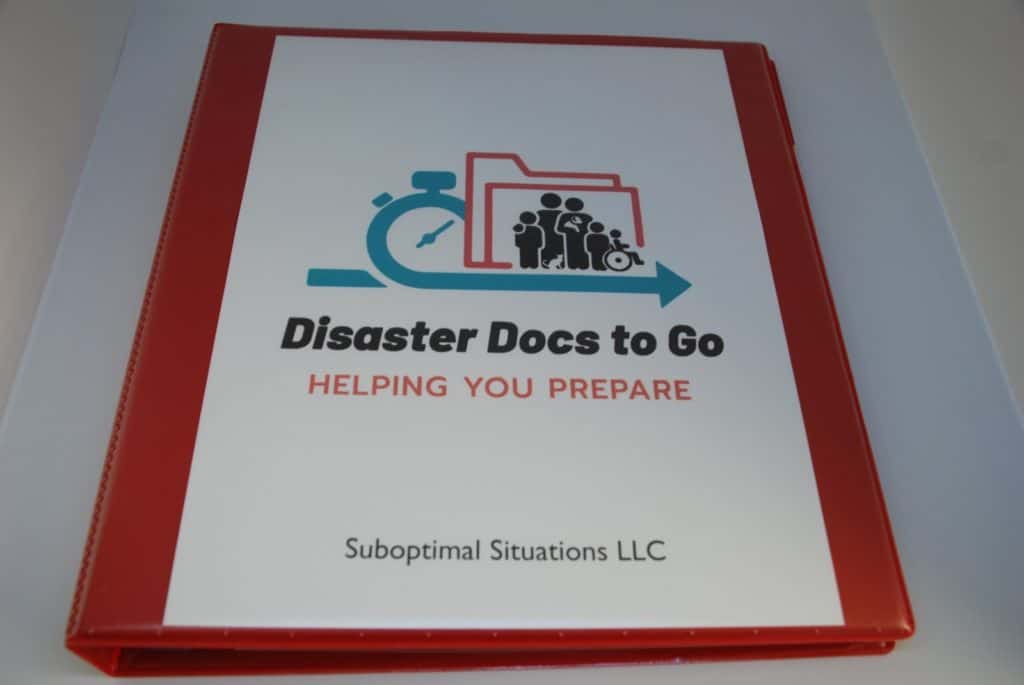Coronavirus Outbreak – Ways To Protect Yourself and Your Family
The novel coronavirus (2019-nCoV) that has its origins in the city of Wuhan in China is a new virus in the family of Coronaviridae. These viruses contain a single strand of positive RNA and are responsible for causing a variety of illnesses in animals and people including both gastrointestinal and respiratory illnesses.
Other coronaviruses that you may be more familiar with include SARS (Severe Acute Respiratory Syndrome) and MERS (Middle East Respiratory Syndrome). Virulence is different between different coronaviruses. At this time, not enough is yet known about 2019-nCoV to be able to paint an accurate picture of how well the virus can spread, the incubation period and the morbidity (sickness) and mortality (death) that can result from an infection.
What can you do to keep yourself and family protected from 2019-nCoV?
Because this virus likely has person to person transmission through infected droplets from sputum (spit), sneezes and coughs, protection will be similar to the protective measures needed to be taken to avoid infection from influenza and other respiratory viruses like Respiratory Syncytial Virus (RSV).
Practical Steps to Take To Help Avoid A Respiratory Viral Infection:
-
Don’t touch your face. Especially your nose, eyes and mouth. Wash your hands before you do touch your face.
-
Avoid anyone who is sick out in public. This can be challenging when you are at a grocery store, or at work or at school. To try to avoid picking up an infection…
-
Wear a mask when you go out in an area where people may be sick. An N95 rated mask will likely provide better protection from viral particles than a plain surgery mask, but any mask can help to prevent contact from infected droplets that are in the air.
-
Consider wearing gloves when you are out in a public place. Any point of contact can be a site for possible infection. Door knobs. Elevator buttons. Telephones. Remote controls. Cell phones. Keys. ATM keypads. Register key pads or pens. You name it. If you are touching something that might have been touched by someone else, your risk of infection increases.
-
WASH YOUR HANDS, with soap contact for at least 30 seconds. Wash your hands before you touch your face or blow your nose.
-
Use hand gel (alcohol-based) if you cannot wash your hands. Increased contact time means better sanitation.
-
Use antimicrobial wipes to wipe down your cell phone, car keys, steering wheel and other areas you touch in your car. Wipe down everything that is touched by family members in your home (light switches, phones, appliance handles, doorknobs, cabinet handles, etc.).
-
Use single use paper towels in your home during “sick season” in the kitchen. In the bathroom, do not share towels or washcloths.
-
Use the “sterilize” cycle on your dishwasher.





